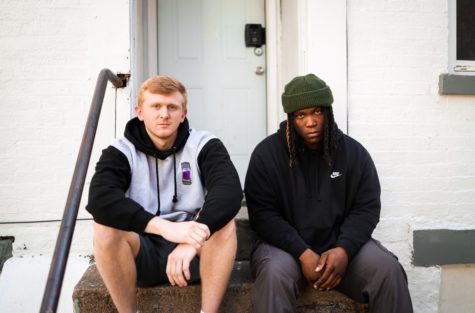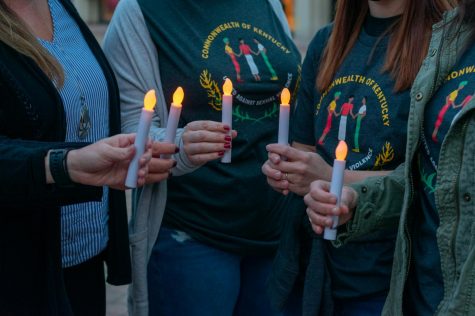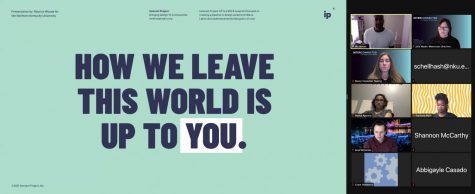New Year’s resolutions last longer than a day
It is a common joke that people break or abandon their resolutions after a few weeks, but how can people make resolutions work out for the long run?
The first week of classes have brought NKU students out of their holiday relaxation and back into the swing of productivity. Many students see a new semester as a chance to start over, and improve themselves from semesters’ past.
Being the first new year with the newly renovated Campus Recreation Center, many of NKU’s students might find themselves in the weight room or hitting the treadmills.
Jill Wood, associate director for recreational programs at the Rec Center, noted that being healthy and fit is something that the majority of people struggle with and want to change.
“We definitely see an increase of participants in the Rec Center at the beginning of the year,” Wood said. “The beginning of the year is a really big time for all areas of our facility and programs, including Norse Fitness and personal training.”
The student employees at the Rec Center have their own resolutions, though not all of them are related to fitness. This includes Angela Kaesheimer, a junior theater major and employee of the Rec Center.
“My resolution is to be louder when I talk,” Kaesheimer said. “I got into a bad habit of being too quiet as a teen unless I was reading or presenting, and I think because of it, it’s made me be a little too quiet in one-on-one conversations and I mumble.”
Though fitness and physical health are the themes behind many new year’s resolutions, others have resolutions relating to different aspects of health.
While Ben Anderson, director of health, counseling, and student wellness at NKU, stated that January starts off slowly for his department due to the long break students just had from classes, he does understand the logic behind New Year’s resolutions.
“Human beings love getting the opportunity to have a fresh start and New Year’s resolutions allow us to do that,” Anderson said. “It provides us the chance to hit the reset button on our lives in many ways. That process can be liberating and can create a tremendous amount of hope for the future.”
“Resolutions, in their simplest form, are nothing more than habits,” Anderson said. “In order to successfully develop a new habit, the typical time is 28 to 30 consecutive days for the habit to solidify.”











